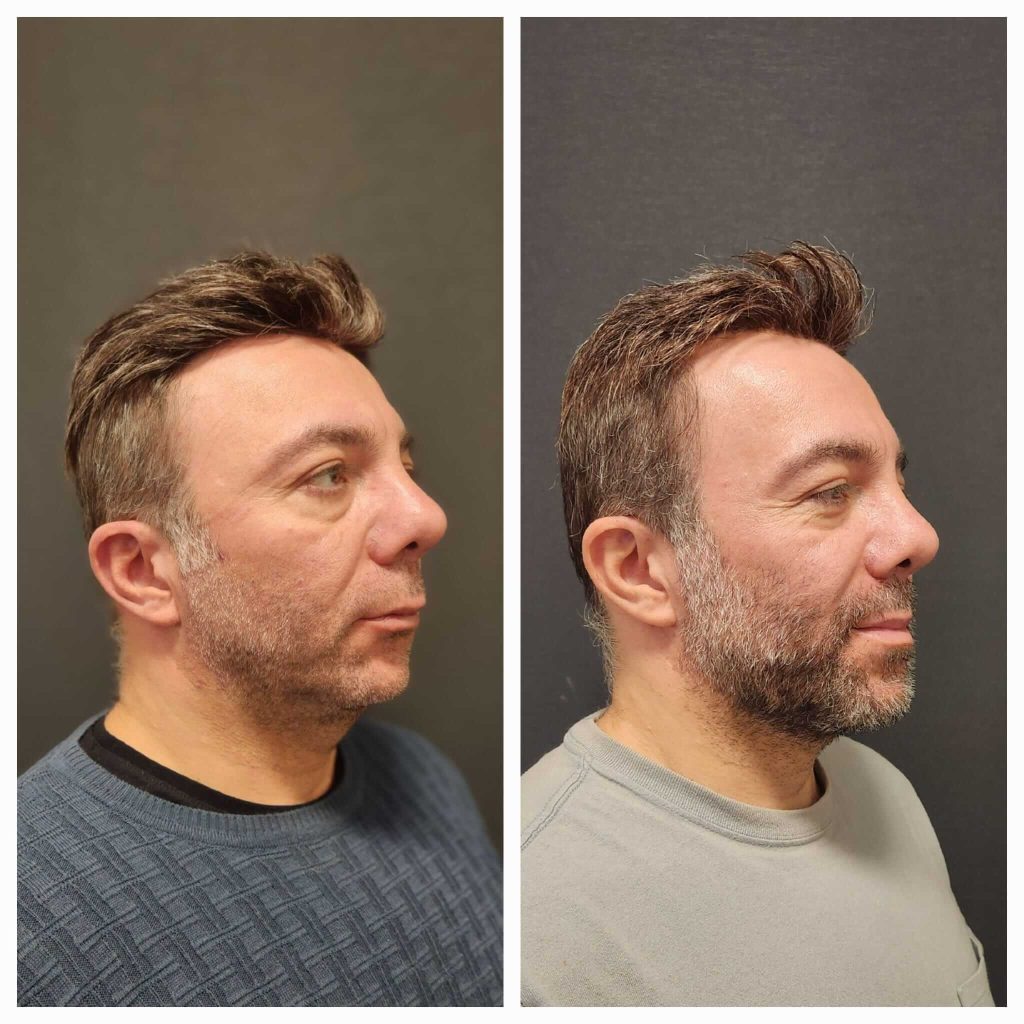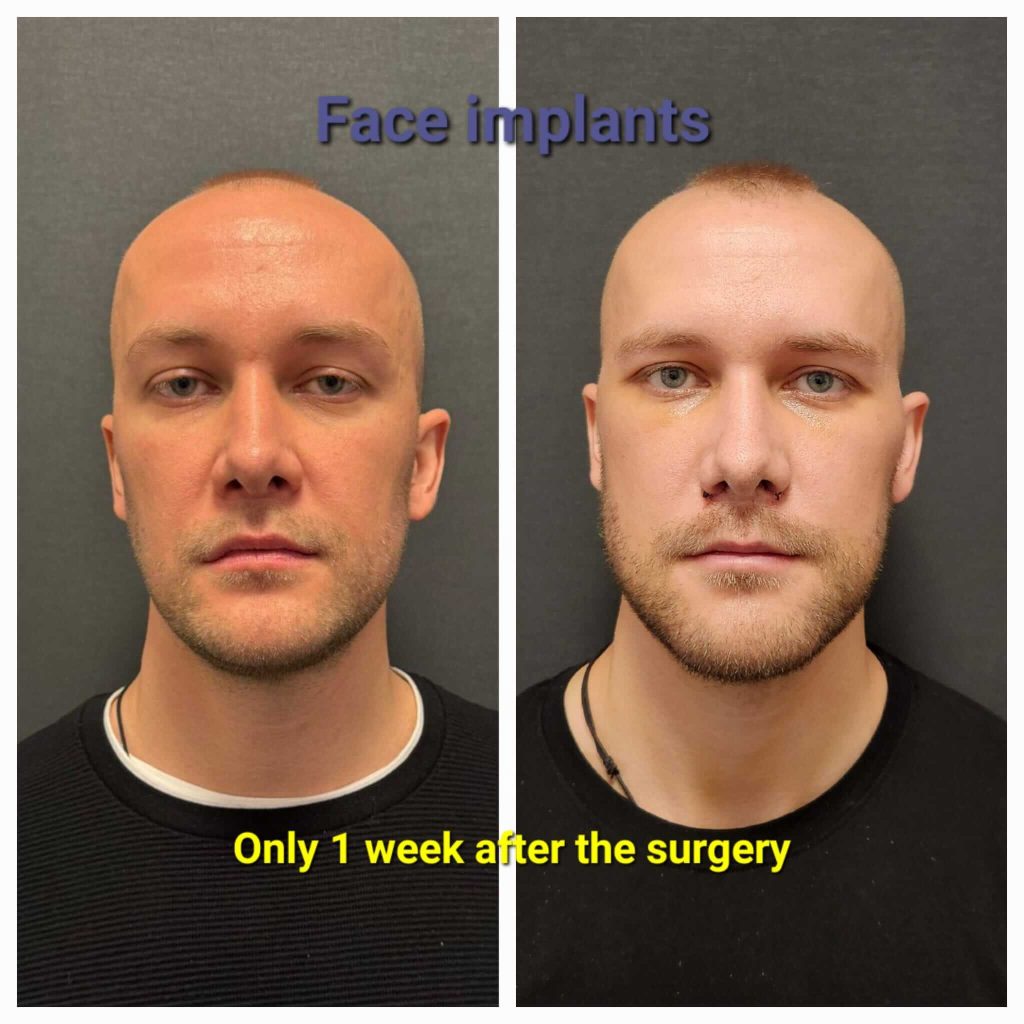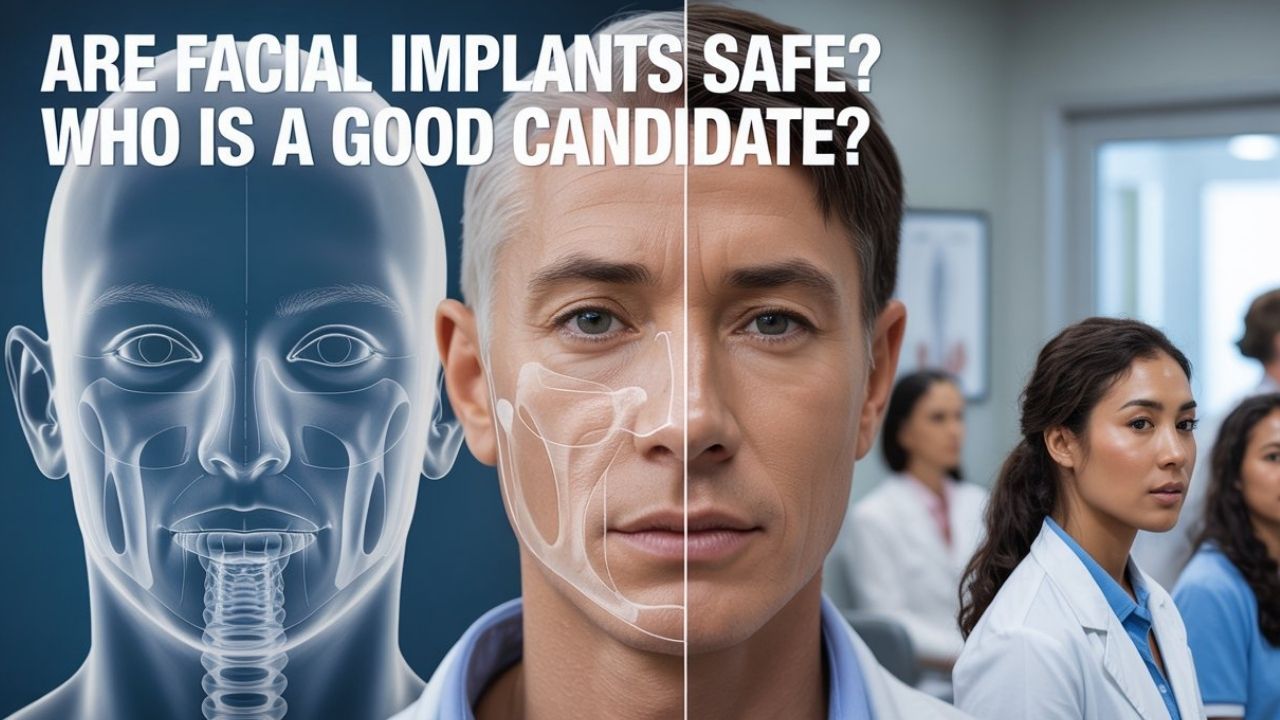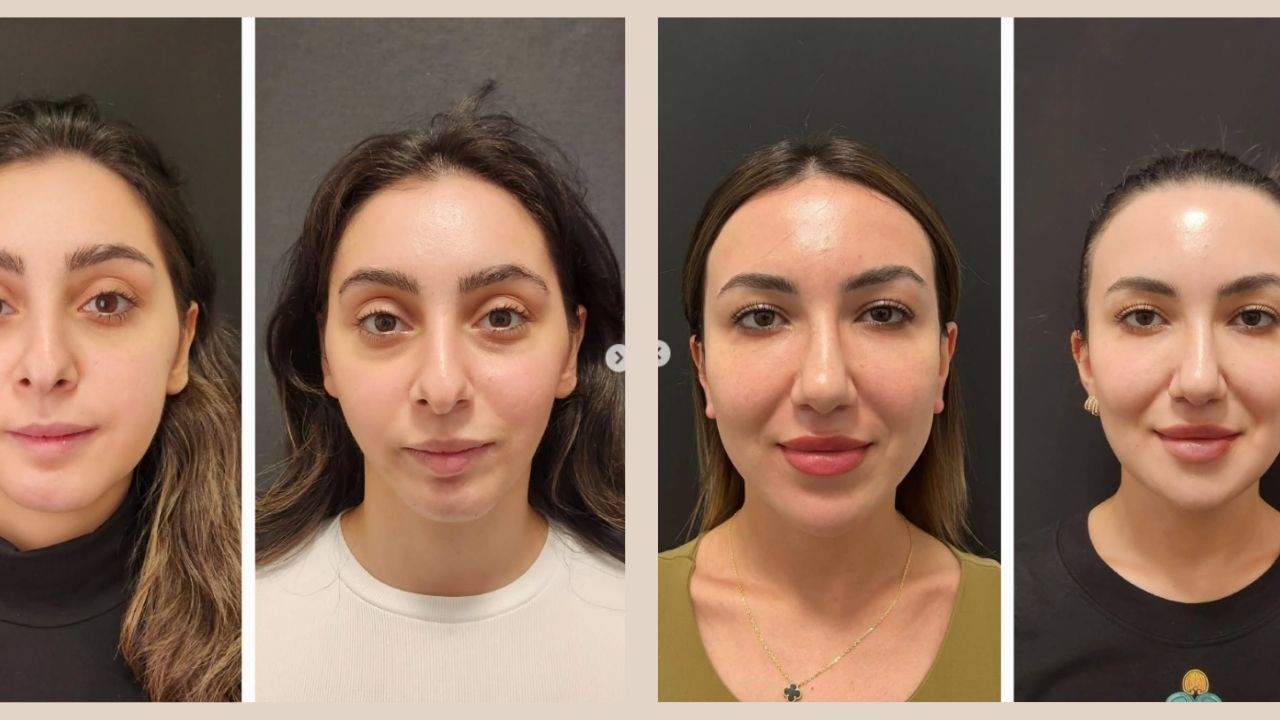5 Things to Know Before Getting Facial Implants
Facial implant surgery can significantly improve your appearance and confidence. However, like any cosmetic procedure, it requires careful thought. Here are five crucial things to know before getting facial implants to help you make an informed decision.
1 – What are Types of Facial Implants?
Before undergoing surgery, it’s important to understand the variety of implant types available. One of the key points in the 5 things to know before getting facial implants is that they are not all the same—each serves a specific purpose depending on the area of enhancement. Facial implants aren’t one-size-fits-all. There are several types designed for different facial areas and concerns. Facial implants come in different shapes and purposes, depending on which part of the face you wish to enhance. One of the 5 things to know before getting facial implants is identifying the implant that aligns best with your facial structure and goals.A – Cheek Implants
Cheek implants are ideal if you want fuller, lifted cheeks or more defined cheekbones. They enhance the mid-face region, making your face look more youthful and balanced—especially helpful if age or genetics have left this area flat or sunken.B – Chin Implants
Chin implants are used to project a weak or recessed chin. They help align your facial proportions and significantly improve your side profile. If your chin appears small compared to your nose or forehead, this type of implant can bring better harmony to your overall look.
C – Jaw Implants
Jaw implants offer more definition along the jawline and lower face. They are often chosen to create a stronger, more sculpted appearance—particularly in individuals with soft or rounded lower faces. This is a popular option for both men and women looking for a sharper contour.

2 – Which Material Matters Should Be Used?
Another key point in the 5 things to know before getting facial implants is the type of material used. Different materials offer different levels of flexibility, durability, and biocompatibility. Choosing the right one impacts not only how the implant feels, but also how your body reacts to it over time.| Material | Characteristics | Pros | Cons |
|---|---|---|---|
| Silicone | Smooth and non-porous | Easily removable if needed | Does not integrate with tissue |
| Medpor | Porous surface | Allows tissue integration | Harder to remove |
| Gore-Tex | Flexible and soft | Natural feel and flexibility | Difficult to remove |
3- Know the Risks and Potential Side Effects of The Face Implants
Like all surgeries, facial implants carry certain risks. Being informed reduces surprises and helps you feel in control. Common Short-Term Side Effects After Surgery Expect some swelling, bruising, and numbness in the treated area for the first few weeks. These symptoms are usually temporary. Though rare, complications like implant shifting, infection, or nerve damage can occur. Choosing a skilled surgeon and following post-op instructions strictly can significantly reduce these risks.
4 – Who are the Candidates for Facial Implant Surgery
Not everyone is a good fit for facial implants. One of the most critical 5 Things to Know Before Getting Facial Implants is whether or not you’re a suitable candidate. Understanding the qualifications can help you avoid complications and achieve the best possible outcome.Ideal Candidate Criteria: Health, Expectations, and Lifestyle
One of the most important 5 Things to Know Before Getting Facial Implants is whether you meet the basic criteria for candidacy. Ideal candidates are:
- In good physical health, without serious underlying medical conditions
- Non-smokers, or willing to stop smoking before and after the procedure
- Equipped with realistic expectations about what facial implants can achieve
- Psychologically prepared for the physical and emotional impact of surgery
When Facial Implants May Not Be Recommended?
While facial implants can be transformative, they’re not suitable for everyone. One of the 5 Things to Know Before Getting Facial Implants is recognizing when this procedure might not be the right option for you.You may not be a good candidate if:
- You have chronic health conditions such as uncontrolled diabetes, bleeding disorders, or autoimmune diseases that may interfere with healing
- You’re currently experiencing active skin infections, acne, or untreated dental problems in the implant area
- You have unrealistic expectations or are seeking surgery for the wrong reasons, such as external pressure or emotional distress
5. Choose a Qualified and Experienced Surgeon
The last and the most important issue about 5 things to know before getting facial implants is the surgeon choice. The skill and experience of your surgeon directly affect your results and safety. Prof. Dr. Celal Çandırlı is the first and best surgeon in Turkey in the field of facial implants. If you have a chance to meet him, you are so lucy. He makes your appearence how you want. How to Verify Credentials and Board Certification Look for board-certified plastic surgeons with facial surgery experience. You can check their certifications through reputable medical boards or associations. Questions to Ask During Your Consultation- How many facial implant procedures have you performed?
- Can I see before-and-after photos?
- What are your complication rates?

Bonus: Be Prepared for Recovery and Aftercare
Recovery plays a major role in the success of your facial implant procedure. Among the 5 Things to Know Before Getting Facial Implants, understanding what to expect during healing—and how to support it—is essential for achieving optimal results. What to expect in the first few weeks:- The first few weeks after surgery are crucial for proper healing.
- Most patients need to take about one week off from work or school.
- You can expect swelling, bruising, and a feeling of tightness or numbness in the treated areas.
- These symptoms are temporary but may take several weeks to fully resolve.
Being mentally prepared for these effects can help reduce anxiety and improve your recovery experience.
Tips to Speed Up Healing and Reduce Swelling
Following your surgeon’s post-operative care instructions is one of the most important 5 Things to Know Before Getting Facial Implants. Here are practical ways to support your healing:
- Keep your head elevated, even while sleeping, to reduce swelling
- Apply cold compresses during the first 48 hours to minimize bruising
- Eat soft foods if incisions were made inside the mouth
- Avoid smoking and strenuous activity, both of which can delay healing and increase complication risks







